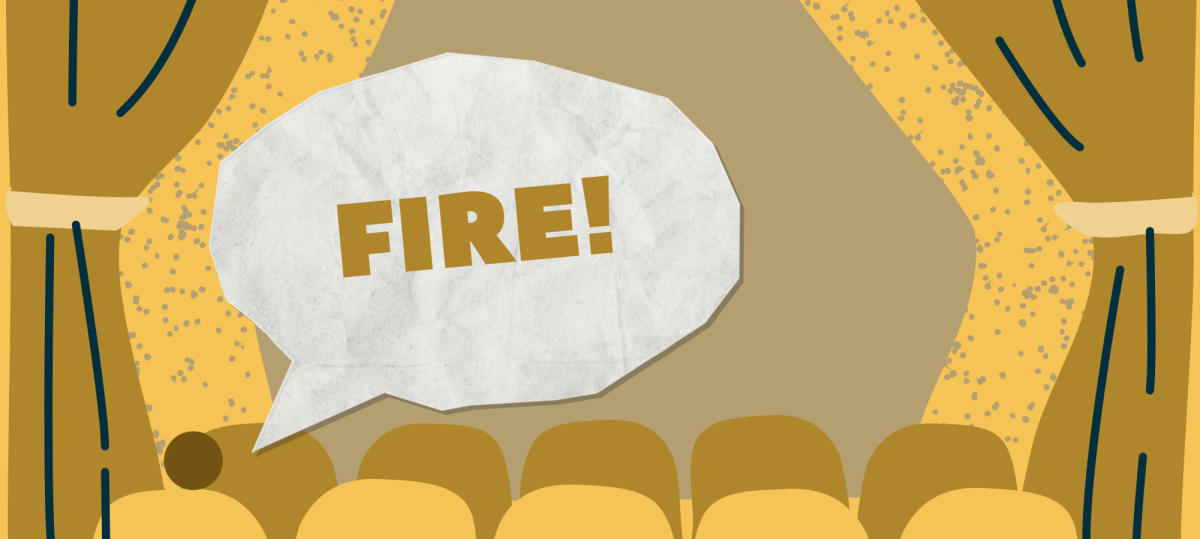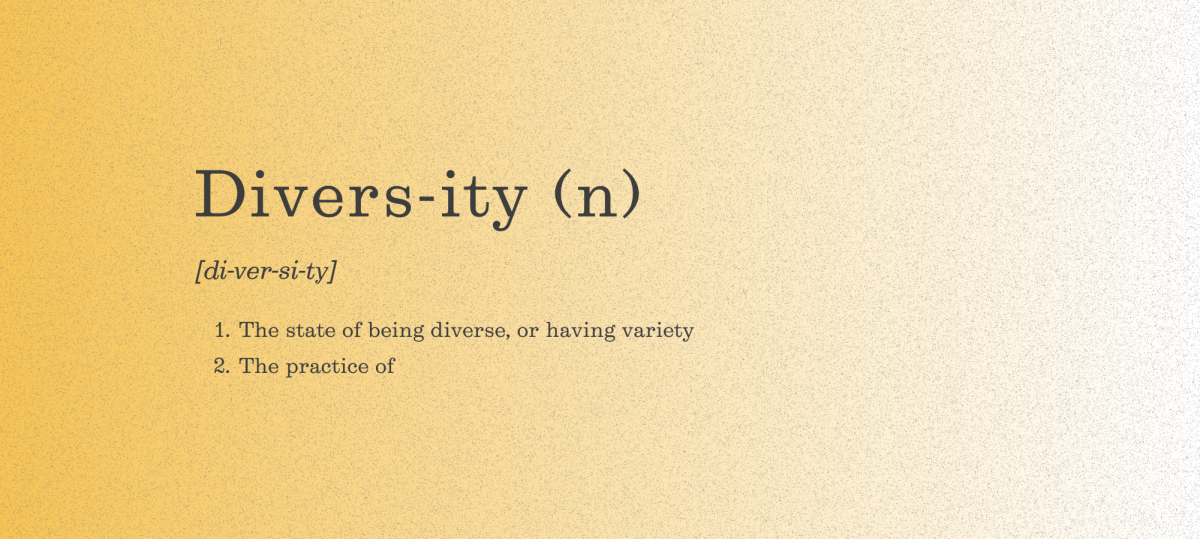The internet likes to think of itself as feminist. Or, at the very least, it’s not nearly as bad as what came before—the tabloids and Perez Hiltons of the world, who bullied and humiliated female celebrities during their darkest moments. We’ve told ourselves that we’re past that, we’re better than that…and what happened to Judy Garland and Marilyn Monroe and Britney Spears and Lindsay Lohan will never happen again.
While modern-day discourse may be less explicitly misogynistic, the intense bullying towards female celebrities hasn’t stopped. The recent controversy surrounding actors Blake Lively and Justin Baldoni is a key example. For weeks, social media was flooded with criticisms against Lively for her problematic behaviour during press interviews, while her co-star in the 2024 film “It Ends with Us”, Justin Baldoni, was praised as a ‘true feminist.’Her case isn’t unique: before her, there was Rachel Zegler; before her, there was Brie Larson; the list goes on. These controversies are part of a longstanding pattern of harassment and gender double standards directed towards female celebrities.
Often, the harassment is dressed in a morally righteous skin. Taking a look at recent articles and videos made about Lively, the hate is justified with headlines proclaiming “Blake Lively’s mean girl image exposed” and “Blake Lively branded a ‘nightmare to work with’ by a-list star” (Daily Mail). She’s a ‘diva,’ a ‘mean girl,’ ‘unprofessional’. Accusations that – supposedly – would be lobbied at her even if she was a man. Except that’s not entirely true.
Let’s talk about one of the major criticisms lobbied against Lively—her unprofessional conduct during interviews. This critique is also not unique to her—stars like Brie Larson and Rachel Zegler have been similarly criticized for their supposed entitlement and for focusing heavily on their movies’ feminist themes in press interviews, in “Captain Marvel” and “Snow White” respectively. Yet doing so ignores how publicity works. Lively was hated for supposedly ignoring the film’s focus on domestic violence, but it was revealed in a New York Times expose that the official promotional plan specifically instructed the cast to “embrace a floral theme” and decenter the distressing aspects of the story. Chances are, Zegler and Larson were similarly influenced by their marketing teams to focus on the feminist aspects of their movies, which were unfortunately found ‘annoying’ by the general populace.
And in terms of Lively’s supposed rudeness—well, let’s be honest…so what? Who cares about a few rude remarks? We certainly didn’t when Robert Downey Jr. walked out on Channel 4 interviewer Krishnan Guru-Murthy after being asked about his past struggles of addiction and arrest, despite his previous scandals being a huge part of his zero-to-hero appeal. The scenario was remarkably similar to Lively’s 2016 interview with Kjersti Flaa that resurfaced during the controversy: Flaa begins the interview by remarking on Lively’s baby bump (Lively’s pregnancy was public knowledge at the time) and Lively responds spitefully by complimenting Flaa’s ‘baby bump’, despite Flaa not being pregnant. It was rude. It was – as many Twitter users jumped to describe – pretty b*tchy. But why was it more reasonable for Downey to defend his public-personal-past than it was for Lively to defend her publicly-personal-body?
Why is it funny for Robert Pattison to make fun of “Twilight,” but entitled and ungrateful for Zegler to criticize “Snow White’s” themes? Why is it iconic for Cillian Murphy to dissociate during interviews, but rude and arrogant for Larson to make a few jokes that fall flat? From thumbnails full of hearts and sparkles to ones that edit text of their co-stars exclaiming “omg” in frustration, the difference is astounding.
There’s a societal double standard at play here. Likability is important for women in a way that rarely is for men. Eight years ago, Hilary Clinton was so ridiculed as ‘unlikeable’ that we ended up with Donald Trump instead, who, as journalist Erica Jong points out, “has historically low approval ratings – yet he was somehow more ‘likeable’?” There’s a trap of agreeableness – men are allowed to be complex or even difficult, while women have to be consistently, never-endingly polite, funny and sweet.
I don’t think most of the people harassing these women were intentionally misogynistic. Users were jumping on other users’ points, creating a bandwagon effect that blew the whole situation out of proportion. But someone being perceived as unlikeable is not free reign for people to abuse and mistreat them. I don’t think out-of-touch interviews justify harassment—rather, I found it painfully par for the course. Even so, the controversy was inescapable on Twitter, Instagram and YouTube. Frankly, it almost felt like the outrage was manufactured—and it was. The New York Times expose also revealed that the controversy was largely engineered by Baldoni as a shield after Lively accused him of sexual harassment and misconduct.
The internet hasn’t evolved in how it treats female celebrities, at least in any way that matters. If we want to move past the days of tabloid misogyny, it’s important to consume media critically. Ask yourself, “Does this behaviour warrant this amount of pushback?” When we direct our discontent with the current state of Marvel or Disney movies into harassing Larson and Zegler, the root issue will never be resolved. There will only be more harassment, more abuse; bleeding beyond our Tweets and TikToks into the workplace, into politics, into how we choose our country’s leaders and into how we decide who gets control over women’s bodies and lives.

![[PHOTO COURTESY OF DAVINA J. (‘25)]](https://blueandgoldonline.org/wp-content/uploads/2025/03/Double-Standards-BG-Graphic-1200x848.png)


![The New York times and Financial Times newspapers on the stand in Paris, France. [PHOTO COURTESY OF UNSPLASH]](https://blueandgoldonline.org/wp-content/uploads/2025/05/photo-1730992907035-65ec4eaea035-1200x800.avif)
![[PHOTO COURTESY OF PIXABAY]](https://blueandgoldonline.org/wp-content/uploads/2025/03/houses-7900142_1280-1200x803.jpg)
![[PHOTO COURTESY OF PIXABAY]](https://blueandgoldonline.org/wp-content/uploads/2025/01/soldiers-60714_1280-1200x800.jpg)
![[PHOTO COURTESY OF PIXABAY]](https://blueandgoldonline.org/wp-content/uploads/2024/12/trump-2546104_1280.jpeg)